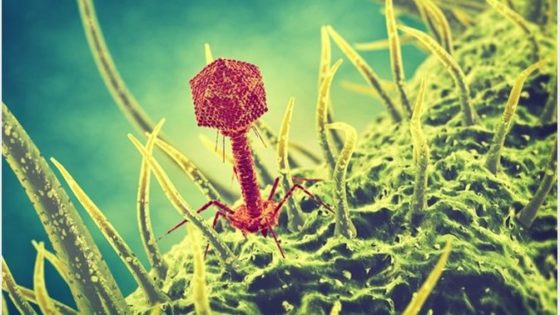
Breaking News
 The Silver Price Signal Everyone Is Missing | Mike Maloney & Alan Hibbard
The Silver Price Signal Everyone Is Missing | Mike Maloney & Alan Hibbard
 House Democrat introduces impeachment articles against RFK Jr
House Democrat introduces impeachment articles against RFK Jr
 Home sellers are giving up at 'unusually high rate,' says new Realtor report
Home sellers are giving up at 'unusually high rate,' says new Realtor report
 Gen X is ungovernable. Forged by childhood experiences, freedom was intergrated into our DNA.
Gen X is ungovernable. Forged by childhood experiences, freedom was intergrated into our DNA.
Top Tech News
 Build a Greenhouse HEATER that Lasts 10-15 DAYS!
Build a Greenhouse HEATER that Lasts 10-15 DAYS!
 Look at the genius idea he came up with using this tank that nobody wanted
Look at the genius idea he came up with using this tank that nobody wanted
 Latest Comet 3I Atlas Anomolies Like the Impossible 600,000 Mile Long Sunward Tail
Latest Comet 3I Atlas Anomolies Like the Impossible 600,000 Mile Long Sunward Tail
 Tesla Just Opened Its Biggest Supercharger Station Ever--And It's Powered By Solar And Batteries
Tesla Just Opened Its Biggest Supercharger Station Ever--And It's Powered By Solar And Batteries
 Your body already knows how to regrow limbs. We just haven't figured out how to turn it on yet.
Your body already knows how to regrow limbs. We just haven't figured out how to turn it on yet.
 We've wiretapped the gut-brain hotline to decode signals driving disease
We've wiretapped the gut-brain hotline to decode signals driving disease
 3D-printable concrete alternative hardens in three days, not four weeks
3D-printable concrete alternative hardens in three days, not four weeks
 Could satellite-beaming planes and airships make SpaceX's Starlink obsolete?
Could satellite-beaming planes and airships make SpaceX's Starlink obsolete?
MIT Scientists Are Using A BIOLOGICAL VIRUS To Make Computers Faster

Using a virus called the M13 bacteriophage to manufacture a specific component may unlock phase-change memory systems, a type of digital storage that would speed up any computer using it, according to research published last month in the journal ACS Applied Nano Materials.
The problem these viruses solve comes from the way memory is transferred within a computer. Moving data from high-speed but transient RAM to permanent storage on a hard drive can sometimes take a computer several milliseconds.
Replacing that two-part memory system with a single, catch-all type of storage called phase-change memory would reduce that delay to about ten nanoseconds.
But the existing manufacturing process for phase-change memory reaches temperatures high enough to destroy gallium antimonide, one of the base materials necessary for phase-change memory systems.

 First totally synthetic human brain model has been realized
First totally synthetic human brain model has been realized Mach-23 potato gun to shoot satellites into space
Mach-23 potato gun to shoot satellites into space

